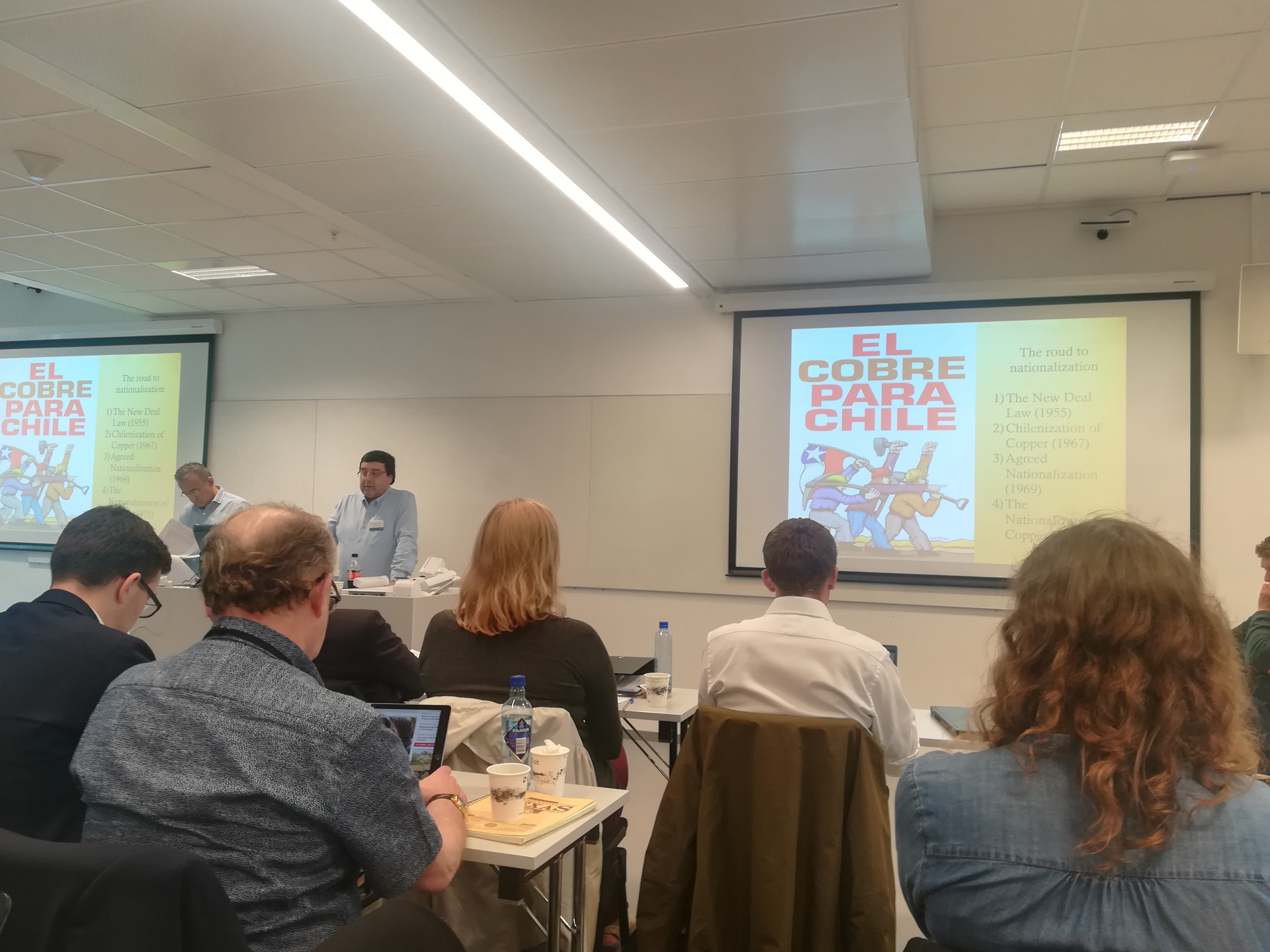A Global History of Copper

While the importance of copper for the modern industrial world and global economic development is undisputed, a broader overview and synthesis of the historical conditions and circumstances under which copper was extracted, traded and consumed remains up until now absent. Organised by Robrecht Declercq (University of Ghent), Hans Otto Frøland (NTNU) and Duncan Money (University of the Free State) the authors' workshop 'A global history of copper', held in Trondheim 15 and 16 August 2019, was the first step in the course of producing an edited volume which will replace this absence. The purpose of this international project is to better understand how, why, and under what conditions copper became a globally essential metal in the modern world of the 19th and 20th centuries by applying transnational and comparative perspectives.
The work shop drew together research and perspectives on copper from a global history perspective, focusing on companies, markets and the political economy as well as labour, mining expertise and industrial relations. Thereby it attempts to integrate the perspectives of the geopolitics of copper with social and ecological implications locally of copper extraction, manifest in copper mining communities. 15 papers were presented at the workshop, covering various aspects in time and space. They were placed within one of the three thematic sections of the workshop. The first section was labeled 'Communities, companies and socio-ecological transformation: the local interactions and impacts', the next section 'Business, finance and technology: the global fabric of copper', and the last section 'Haves and have-nots: international political economy and strategies of nationalisation'.

